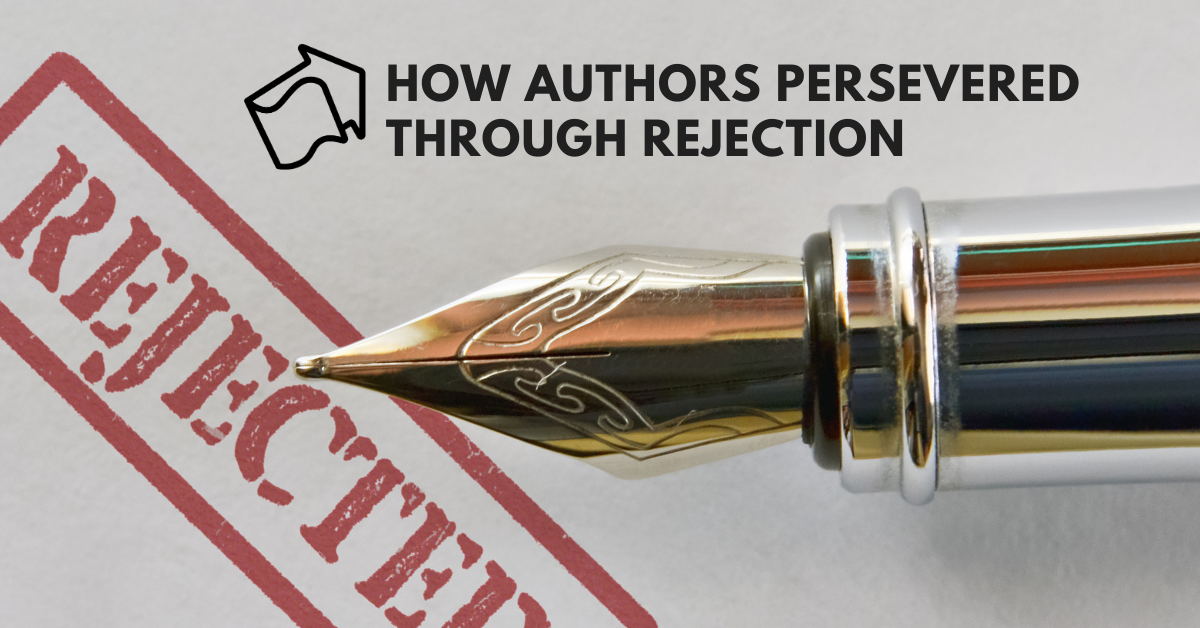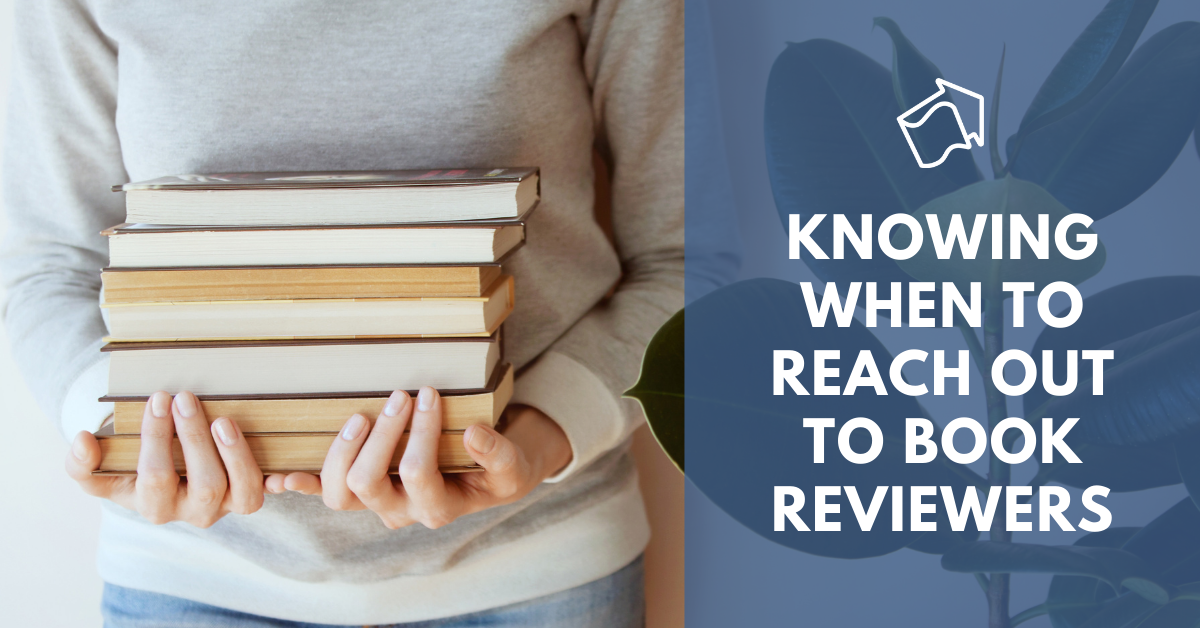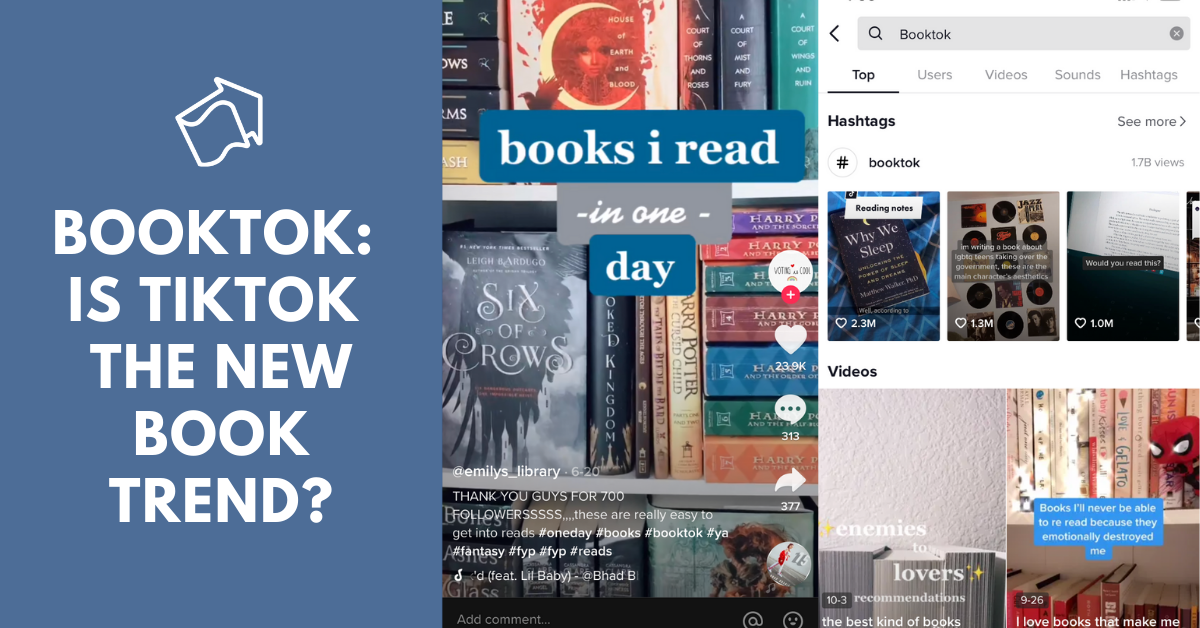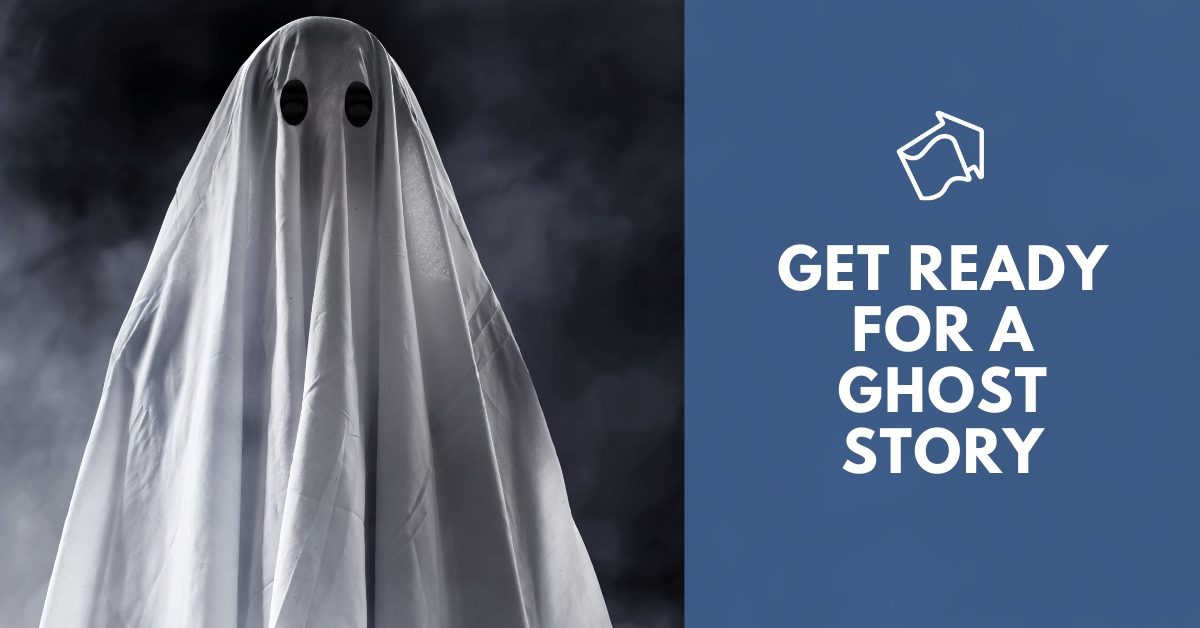We’re commemorating Earth Day 2021 with a mix of unforgettable old and new “climate change” books that make us think, make us feel, and most importantly, make us ready to take a stand. Here are 10 of the best Earth Day reads!
The world is in the spasms of climate disaster, but from within the peaceful confines of an eco-city built for the world’s elite, Kasey Mizuhara has only two things on her mind: how she can use her prodigious intellect to preserve the remainder of humanity, and how she can locate the only person she’s ever felt a true connection with: her recently-vanished sister, Cecilia. Meanwhile, Cecilia has awoken marooned on an island with no knowledge of how she got there, and one memory: She has a beloved sister, Kasey, and she must find her. Kasey’s search for Cee leads her into the underbelly of her stratified city, where she meets a mysterious fellow prodigy named Actinium who joins Kasey’s mission—but who knows more than he’s telling and has an agenda of his own. Told from the sisters’ dual perspectives, the mystery of Cee’s whereabouts–and Kasey’s plans–twists into an exhilarating and terrifying exploration of how far people will go to achieve their objectives. A perfect balance of the melancholic beauty of Never Let Me Go and the most intriguing parts of Lost, The Ones We’re Meant to Find is a surprising, compelling, and even profound dive into the nature of memory, the meaning of humanity, and the bonds that we form with those we love, crafted from gorgeous prose that crawls under your skin and sticks with you long after the last page.
An amazing, award-winning speculative fiction debut novel by a major new talent, in the vein of Ursula K. Le Guin.
Global warming has changed the world’s geography and its politics. Wars are waged over water, and China rules Europe, including the Scandinavian Union, which is occupied by the power state of New Qian. In this far north place, seventeen-year-old Noria Kaitio is learning to become a tea master like her father, a position that holds great responsibility and great secrets. Tea masters alone know the location of hidden water sources, including the natural spring that Noria’s father tends, which once provided water for her whole village.
But secrets do not stay hidden forever, and after her father’s death the army starts watching their town–and Noria. And as water becomes even scarcer, Noria must choose between safety and striking out, between knowledge and kinship.
Imaginative and engaging, lyrical and poignant, Memory of Water is an indelible novel that portrays a future that is all too possible.
Flight Behaviour has featured on the NY Times bestseller list and is Barbara Kingsolver’s most accessible novel yet. On the Appalachian Mountains above her home, a young mother discovers a beautiful and terrible marvel of nature: the monarch butterflies have not migrated south for the winter this year. Is this a miraculous message from God, or a spectacular sign of climate change. Entomology expert, Ovid Byron, certainly believes it is the latter. He ropes in Dellarobia to help him decode the mystery of the monarch butterflies.
From the #1 New York Times bestselling author of The Handmaid’s Tale
Oryx and Crake is at once an unforgettable love story and a compelling vision of the future. Snowman, known as Jimmy before mankind was overwhelmed by a plague, is struggling to survive in a world where he may be the last human, and mourning the loss of his best friend, Crake, and the beautiful and elusive Oryx whom they both loved. In search of answers, Snowman embarks on a journey-with the help of the green-eyed Children of Crake-through the lush wilderness that was so recently a great city, until powerful corporations took mankind on an uncontrolled genetic engineering ride. Margaret Atwood projects us into a near future that is both all too familiar and beyond our imagining.
Two sisters are torn apart by war and must fight their way back to each other in a futuristic, Black Panther-inspired Nigeria.
The year is 2172. Climate change and nuclear disasters have rendered much of earth unlivable. Only the lucky ones have escaped to space colonies in the sky.
In a war-torn Nigeria, battles are fought using flying, deadly mechs and soldiers are outfitted with bionic limbs and artificial organs meant to protect them from the harsh, radiation-heavy climate. Across the nation, as the years-long civil war wages on, survival becomes the only way of life.
Two sisters, Onyii and Ify, dream of more. Their lives have been marked by violence and political unrest. Still, they dream of peace, of hope, of a future together.
And they’re willing to fight an entire war to get there.
Acclaimed author, Tochi Onyebuchi, has written an immersive, action-packed, deeply personal novel perfect for fans of Nnedi Okorafor, Marie Lu, and Paolo Bacigalupi
Parable of the Sower is the Butlerian odyssey of one woman who is twice as feeling in a world that has become doubly dehumanized. The time is 2025. The place is California, where small walled communities must protect themselves from hordes of desperate scavengers and roaming bands of people addicted to a drug that activates an orgasmic desire to burn, rape, and murder. When one small community is overrun, Lauren Olamina, an 18 year old black woman with the hereditary train of “hyperempathy”—which causes her to feel others’ pain as her own—sets off on foot along the dangerous coastal highways, moving north into the unknown.
Named a Best Book of the Year by The Washington Post, NPR, Vanity Fair, LA Times, San Francisco Chronicle, Huffington Post, The Atlantic, Refinery 29, Men’s Journal, Ploughshares, Lit Hub, Book Riot, Los Angeles Magazine, Powells, BookPage and Kirkus Reviews
The much-anticipated first novel from a Story Prize-winning “5 Under 35” fiction writer.
In 2012, Claire Vaye Watkins’s story collection, Battleborn, swept nearly every award for short fiction. Now this young writer, widely heralded as a once-in-a-generation talent, returns with a first novel that harnesses the sweeping vision and deep heart that made her debut so arresting to a love story set in a devastatingly imagined near future:
Unrelenting drought has transfigured Southern California into a surreal, phantasmagoric landscape. With the Central Valley barren, underground aquifer drained, and Sierra snowpack entirely depleted, most “Mojavs,” prevented by both armed vigilantes and an indifferent bureaucracy from freely crossing borders to lusher regions, have allowed themselves to be evacuated to internment camps. In Los Angeles’ Laurel Canyon, two young Mojavs—Luz, once a poster child for the Bureau of Conservation and its enemies, and Ray, a veteran of the “forever war” turned surfer—squat in a starlet’s abandoned mansion. Holdouts, they subsist on rationed cola and whatever they can loot, scavenge, and improvise.
The couple’s fragile love somehow blooms in this arid place, and for the moment, it seems enough. But when they cross paths with a mysterious child, the thirst for a better future begins. They head east, a route strewn with danger: sinkholes and patrolling authorities, bandits and the brutal, omnipresent sun. Ghosting after them are rumors of a visionary dowser—a diviner for water—and his followers, who whispers say have formed a colony at the edge of a mysterious sea of dunes.
Immensely moving, profoundly disquieting, and mind-blowingly original, Watkins’s novel explores the myths we believe about others and tell about ourselves, the double-edged power of our most cherished relationships, and the shape of hope in a precarious future that may be our own.
In the near future, the Colorado River has dwindled to a trickle. Detective, assassin, and spy, Angel Velasquez “cuts” water for the Southern Nevada Water Authority, ensuring that its lush arcology developments can bloom in Las Vegas. When rumors of a game-changing water source surface in Phoenix, Angel is sent south, hunting for answers that seem to evaporate as the heat index soars and the landscape becomes more and more oppressive. There, he encounters Lucy Monroe, a hardened journalist with her own agenda, and Maria Villarosa, a young Texas migrant, who dreams of escaping north. As bodies begin to pile up, the three find themselves pawns in a game far bigger and more corrupt than they could have imagined, and when water is more valuable than gold, alliances shift like sand, and the only truth in the desert is that someone will have to bleed if anyone hopes to drink.
First came the storms.
Then came the Fever.
And the Wall.
After a string of devastating hurricanes and a severe outbreak of Delta Fever, the Gulf Coast has been quarantined. Years later, residents of the Outer States are under the assumption that life in the Delta is all but extinct…but in reality, a new primitive society has been born.
Fen de la Guerre is living with the O-Positive blood tribe in the Delta when they are ambushed. Left with her tribe leader’s newborn, Fen is determined to get the baby to a better life over the wall before her blood becomes tainted. Fen meets Daniel, a scientist from the Outer States who has snuck into the Delta illegally. Brought together by chance, kept together by danger, Fen and Daniel navigate the wasteland of Orleans. In the end, they are each other’s last hope for survival.
Sherri L. Smith delivers an expertly crafted story about a fierce heroine whose powerful voice and firm determination will stay with you long after you’ve turned the last page.
One of LitHub’s “365 Books to Start Your Climate Change Library”
It is the year 2025. Global warming is a reality. The biosphere has collapsed and most mammals—not to mention fish, birds, and frogs—are extinct. Tyrone Tierwater is eking out a bleak living in southern California, managing a pop star’s private menagerie that “only a mother could love”—scruffy hyenas, jackals, warthogs, and three down-at-the-mouth lions.
It wasn’t always like this for Ty. Once he was a passionate environmentalist, so committed to saving the earth that he became an eco-terrorist and, ultimately, a convicted felon. as a member of the radical group Earth Forever!, he unwittingly endangered both his daughter Sierra and his wife Andrea. Now, just when he’s trying to survive in a world torn by obdurate storms and winnowing drought, Andrea comes back into his life.
C. Boyle’s eighth novel blends idealism and satire in a story that addresses the ultimate questions of human love and the survival of the species.
Chelsea is a copywriter, editor, publicist, and content creator at Books Forward, an author publicity and book marketing firm committed to promoting voices from a diverse variety of communities. From book reviews and author events, to social media and digital marketing, we help authors find success and connect with readers. Interested in what’s possible for your book sales and building readership? Check out our services, tell us your goals, and get a customized publicity campaign tailored just for you.
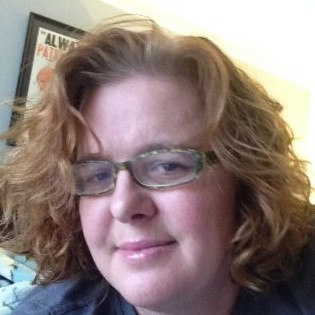

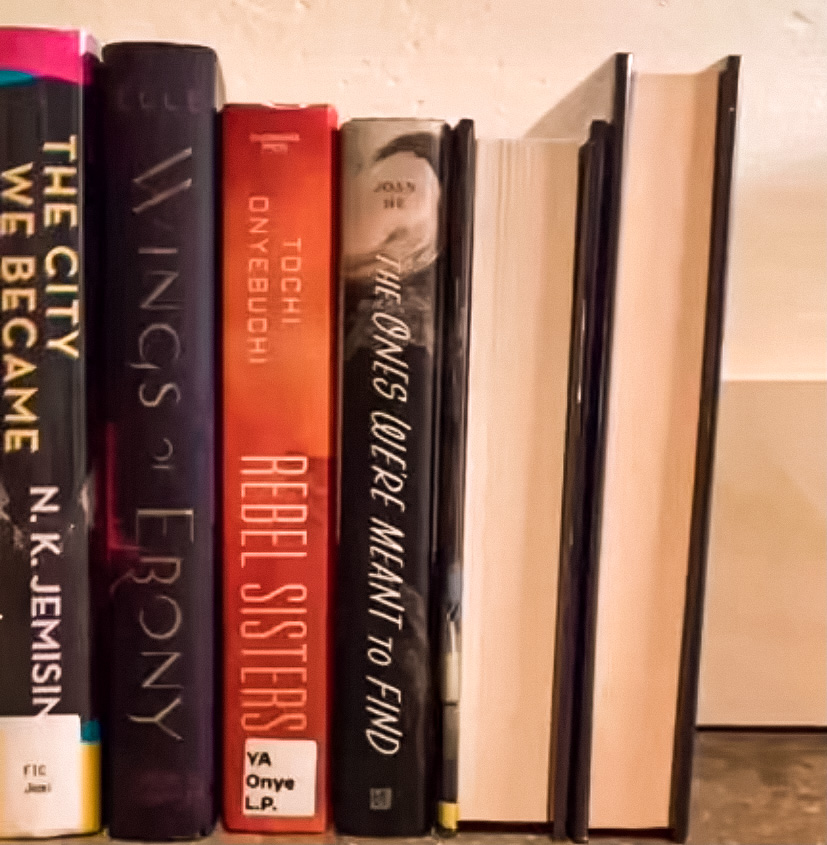
 Have you ever wanted to improve your writing through amazing writing classes, participate in absorbing literary events, and meet other fascinating authors, poets, journalists, essayists and wordsmiths? Look no further than The Porch in Nashville, Tennessee.
Have you ever wanted to improve your writing through amazing writing classes, participate in absorbing literary events, and meet other fascinating authors, poets, journalists, essayists and wordsmiths? Look no further than The Porch in Nashville, Tennessee. 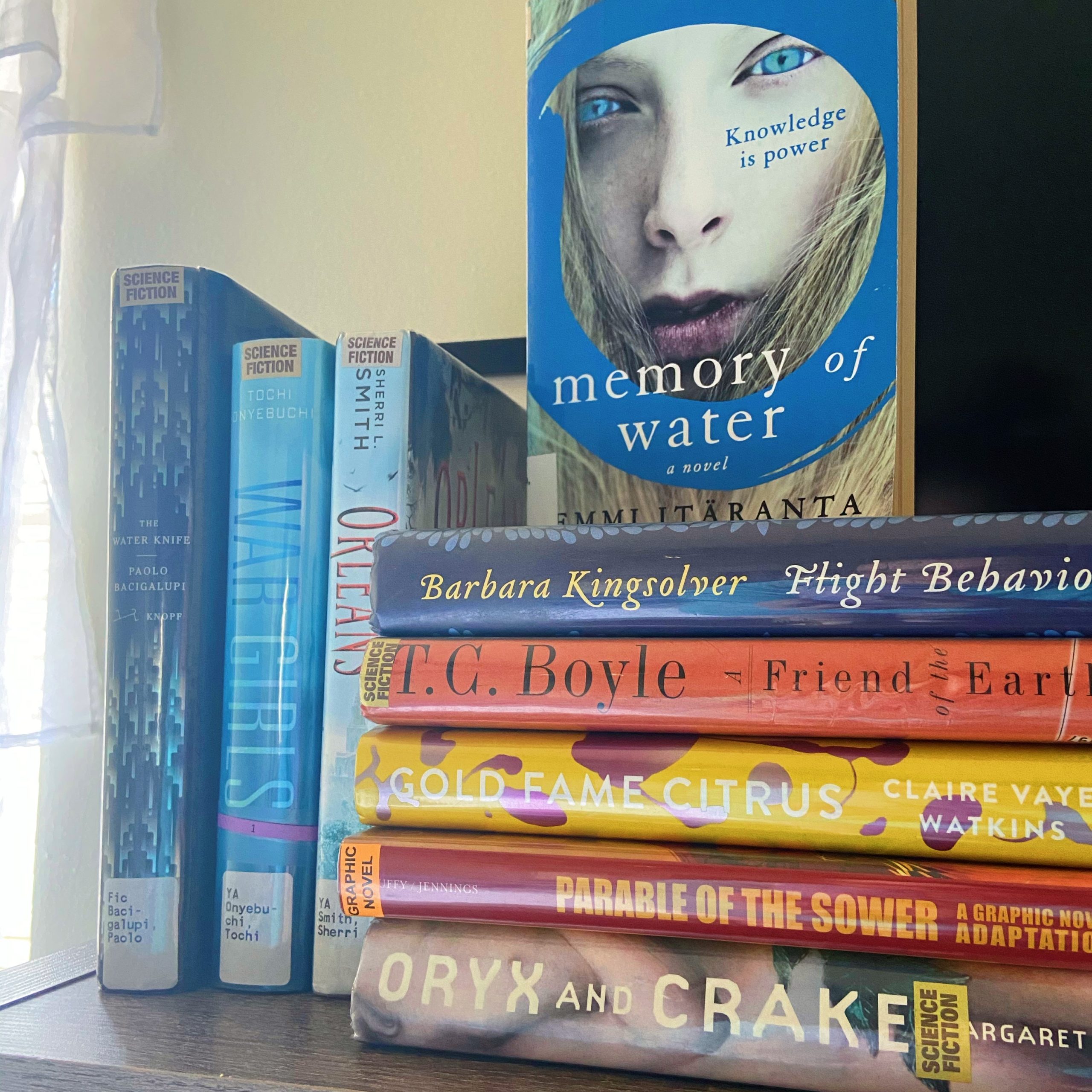

 “Writing is hard and it can be isolating. Community provides the vital support to keep going. James River Writers provides that community.” This was the ethos that inspired James River Writers, and it has kept this dynamic, active, and connected collective of wordsmiths thriving ever since.
“Writing is hard and it can be isolating. Community provides the vital support to keep going. James River Writers provides that community.” This was the ethos that inspired James River Writers, and it has kept this dynamic, active, and connected collective of wordsmiths thriving ever since.